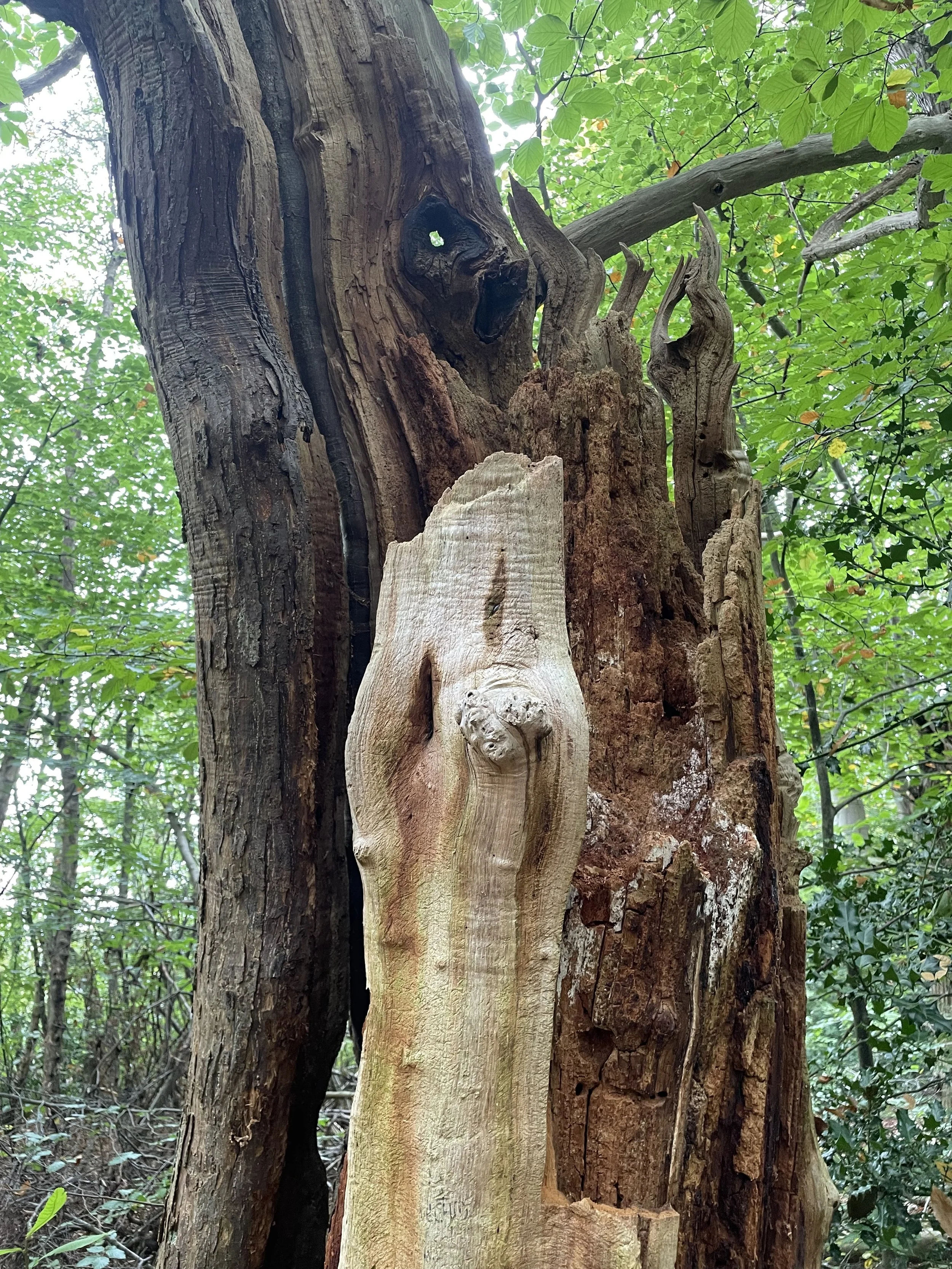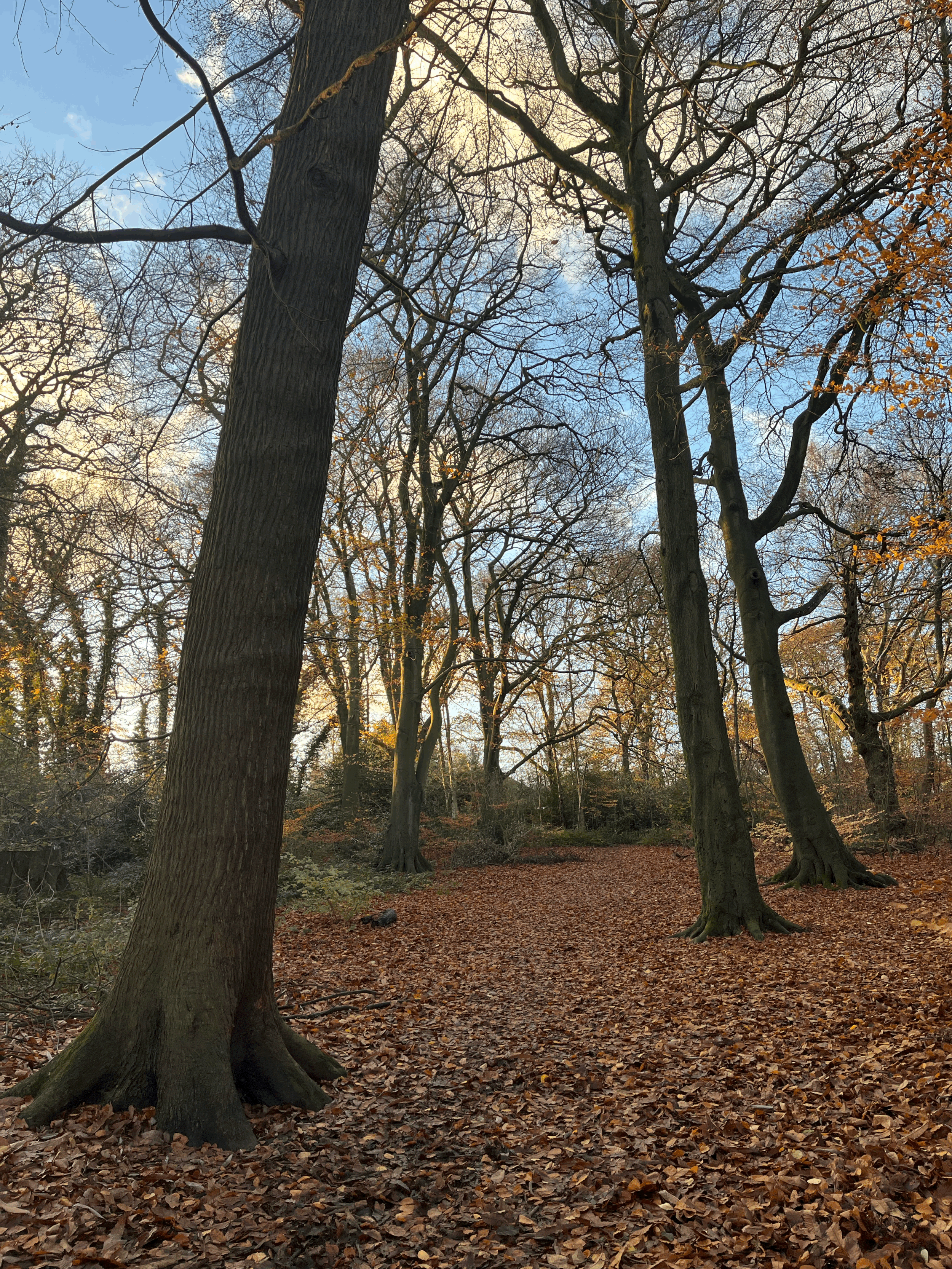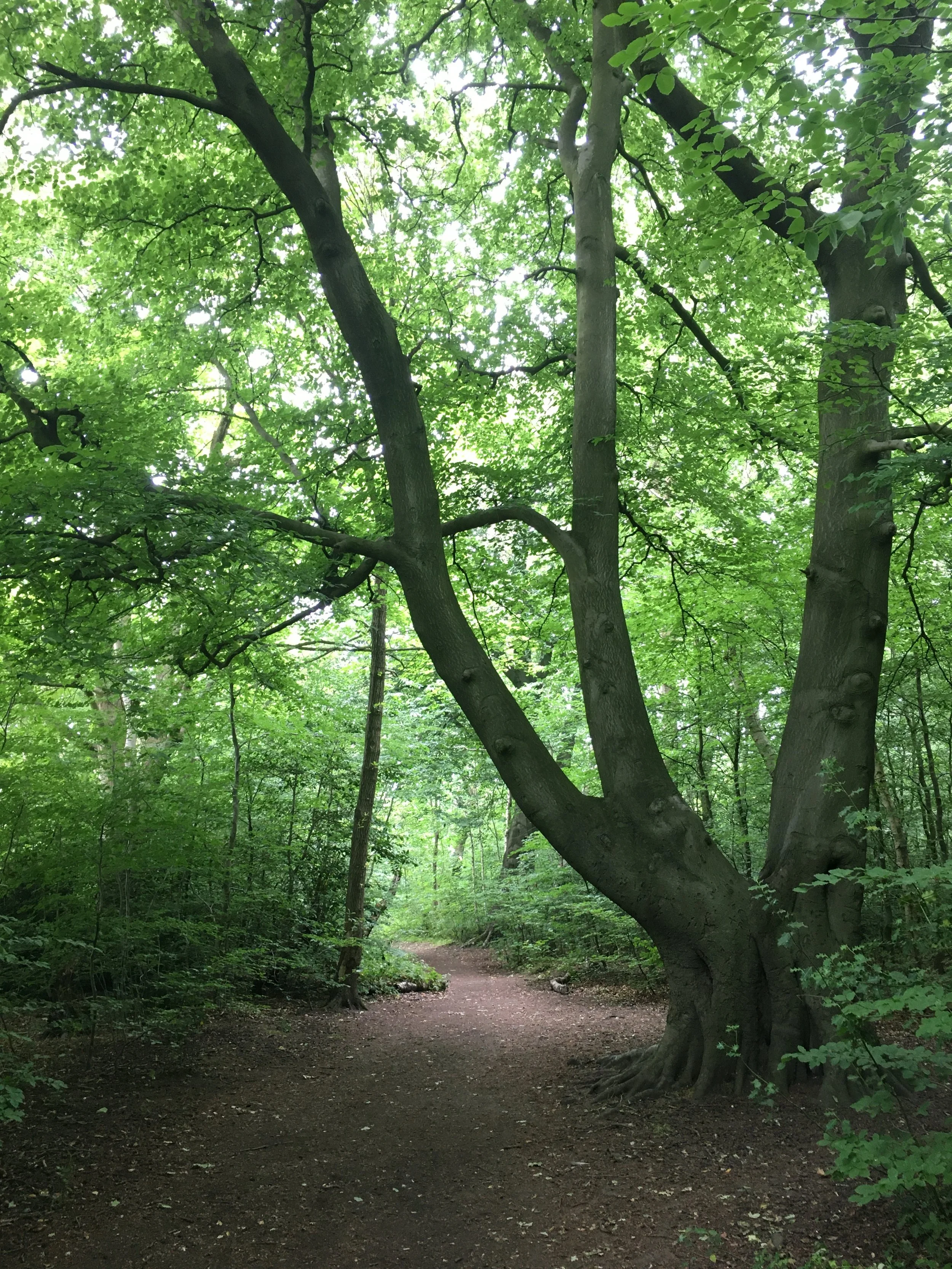Present, yet Invisible: the Church’s Problem with Gay People
To be told to be present, yet remain invisible; to preach on behalf of the church and yet to remain silenced; to take the spiritual punches and come up smiling: these are not the practices of a community of grace. They are the hallmarks of an abusive relationship. The message is: keep the marriage going. Keep up appearances. And the bruises? A little make-up, a well-placed scarf – or stole – and none need be the wiser.
Where stories stop: thoughts on grief, and a poem
Of course it matters how someone dies. And yet death is always sudden. Always unexpected. How can someone alive not be alive anymore? It is a stupid question, a child’s question. It is my question.
Making a path for God: A sermon for Advent 2
Today, it seems that the voice in the wilderness often belongs to someone abused in the church – the very place where they should have been loved and safe. How often has the voice of the victim gone unheard? Even now, after all that has come out in the John Smyth affair and his horrendous cruelty to dozens of boys, after the powerful in the church have been shown neglecting their duty of care, we have had the Archbishop of Canterbury delivering a shamefully tone-deaf speech in the House of Lords, joking and laughing about his resignation. He has rightly apologised, but the damage has been done.
A Heart Wide Open: Sermon for the final service of Fr Crispin Pailing
‘Honesty about our faith and history. Responsibility for our beliefs. A heart wide open to God and to others. These are the marks of the church that Crispin leaves today.’
Image courtesy of Derby Guerrier.
Mary: Woman of the Apocalypse
Apocalypse calls for the end of the world: the end of the systems of domination which seek to deify themselves and define reality. It calls for the end of empires. Perhaps as the Woman of the Apocalypse, we can rediscover a cosmic Mary
Annunciation or Explanation? The Marian heart of liturgy
It seems to me that Western Christianity has undergone a disconnect of Word and embodied sacrament. Too often, whether in evangelical or liberal forms, the good news is severed from the flesh. The result is a tyranny of blunt words. Christianity becomes about beliefs in our head (whether we accept them or doubt them) and experiences which are essentially individualised.
Which Marriage? Whose Tradition?
Increasingly, it seems that the frame of reference being imposed in Anglican debates is a modernist one of truth as independent of context, and available to an ahistorical ‘view from nowhere’. In such a frame, all truth is assimilated to a supposed scientific objectivity, while the judgements made are then available as instruments of power over the desires and bodies of others (note how much of the history of marriage concerns the rights of men over women). In other words, the claim that scriptural truth is homogenous, unchanging and simply read off the page is itself dependent upon a partial, historical and contingent context.
The three Marys
Think about these women: Mary, sister of Martha, the student and teacher-in-waiting; Mary Magdalene, the apostle to the apostles; Mary, mother of God, who bears, holds and offers the Word made flesh to the world. They are surely the basis for recognising and celebrating the authority, leadership and priesthood of women in the church.
What are we doing? Preaching ascension in a time of horror
What are we doing? What are we doing to bind broken hearts? What are we doing to end cultures of violence and hate?
It may feel there is little we can do. But remember the ascension. Jesus is Lord. Not Caesar, not Herod, not Pilate, not child killers, not gun lobbies, not white supremacists. Might is not right. War is not God. Violence does not have the last word – in Udvale, in Ukraine, in Yemen. In Liverpool.
The Command to Inclusive Love
Peter asks us: ‘If then God gave them the same gift that he gave us when we believed in the Lord Jesus Christ, who was I that I could hinder God?’ And God is giving to LGBTQI people those gifts: of courage and kindness, of solidarity and faithfulness. Of love. Despite everything that is thrown at them, many still remain in the church, following Christ. The gifts of the Spirit are in them: who are we to hinder God?
Nature as sacrament
It’s interesting that many of the pictures I stop to take are of paths. I suppose it is a convention of the way we often represent our environment, but it also seems to reflect the phenomenology of it; I mean the way in which it appears to our embodied, temporal perception, the way the environment unfurls around our movement through it – while always disappearing behind a curve, a promise of mysteries to come. There is always more to what can be experienced in any moment and place, - and yet, this ‘more’ is not just an absence.
The Marian Dimension of Christian Love
The Marian dimension of love affirms the necessity of love, the web of relationships within which we always already find ourselves entangled. Marian love is one of solidarity with the suffering of all flesh – the recognition of a shared vulnerability which precedes conscious choice.
This is my body: thoughts on the resurrection
If the heart of Christian faith is the Word of God bodily assuming the flesh of the world and a human nature, then it is through and through a carnal spirituality. It does – or should not – separate what belongs together. The ‘supernatural’ – a word associated in the modern mind with ghosts and magic – is better known as grace. And grace is neither separate to nor opposed to nature, but its indwelling life and its fulfilment.
The bodily resurrection is not, then, a ‘contradiction’ of nature, but its realisation: the first fruits of creation’s liberation. For creation is made to bear the divine life.
Mary: Virgin Forest
To affirm that Mary is Mother of God is radical. It affirms in turn that creation is capable of bearing the divine. That matter is not separate from spirit. That God invites us into co-operation. That surrender to God and self-possession (in its true sense, abandoning the fragile ego) are two sides of the same reality.
Mary is not the assenting woman over against a male God. God is not male, and not an individual with an ego and will which competes with Mary’s (or ours). God is utterly immanent in all we are, as well as being unbounded by any projection or definition we may put on Her. And if the use of a female pronoun there put you off, ask yourself why.
God does not take the place of a man for Mary. Rather, Mary conceives without male or any human intervention but her own. Fulness of grace and nature’s own desire are one here, and they are not heteronormative.
Inarboration: The Word made Tree
We are nervous saying creation is God’s body, because it diminishes God, or it empties out creation’s own worth. But we do not apply that logic to the Word assuming our flesh. God’s self-emptying does not make God less; our becoming-divine (or living the life of Christ in us) does not make us less ourselves, quite the opposite. At the very least, God is expressed in and through the myriad of created things, in a way which affirms their own being and the unconditioned infinity of God. For God is not a competitive ego, struggling with us and the world for space and recognition.
The Time of Trees
The philosopher Deleuze famously used a tree to symbolise the kind of centralised systems of thought and power he rejected. He opposed it to the decentred network of the fungal rhizome. The tree represents hierarchy.
I think Deleuze was profoundly wrong.
















